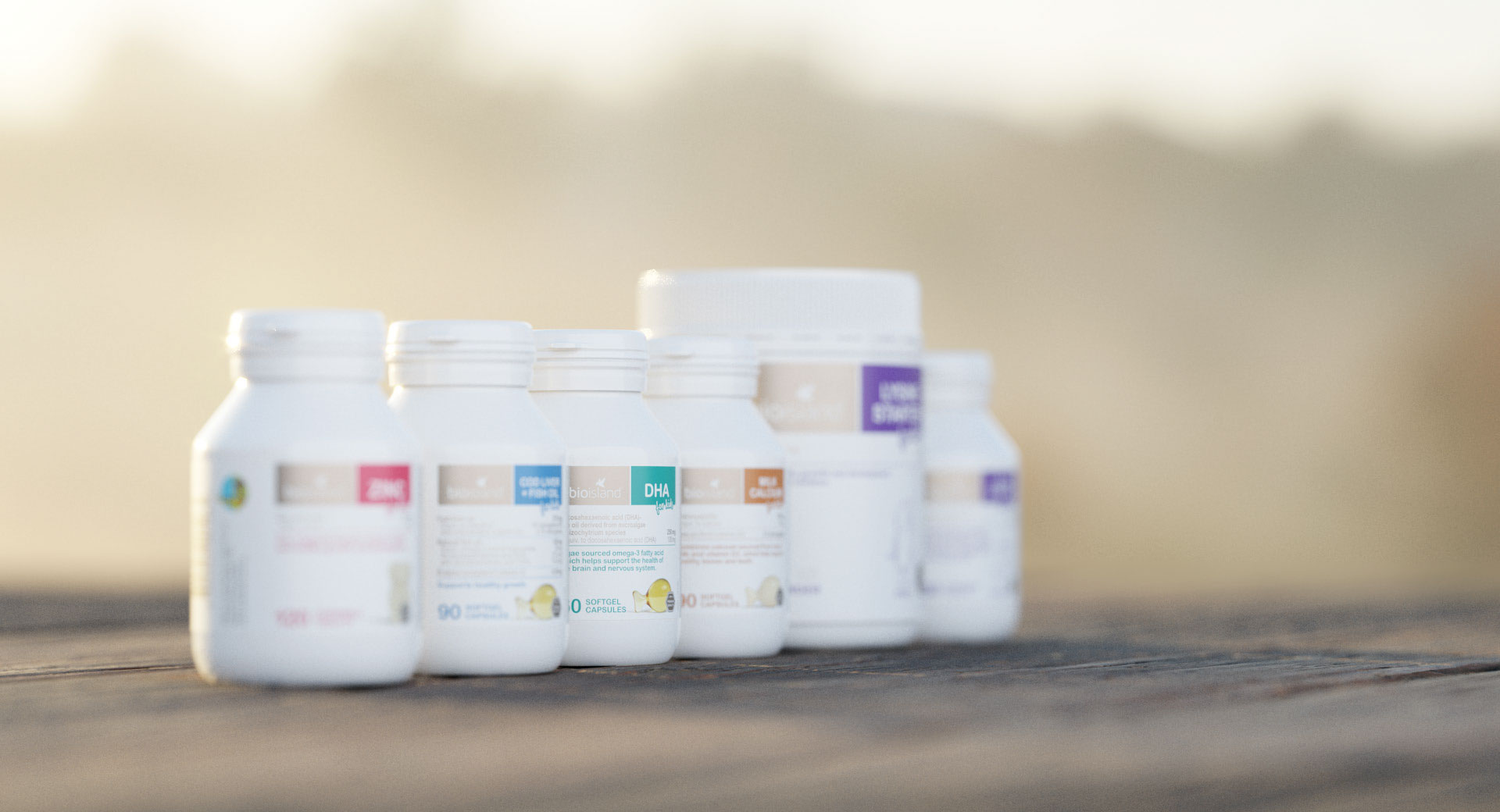
Nutritional needs of teenagers
As a teenager your body goes through a period of huge growth and development.
By Bio Island Nutrition Team
As a teenager your body goes through a period of huge growth and development. It is vital that adolescents are eating enough good quality foods to meet the energy and nutritional demands to keep up with the steady growth.
Eating healthy is an integral part of an overall healthy lifestyle and it is essential that the fundamentals of good nutrition is taught from an early age so when kids get to adolescents they have a thorough understanding of what they are consuming and how it can support their growth.
Nutrition can affect a child’s progression through puberty. Puberty triggers a growth spurt which increases the daily caloric needs so following a healthy diet helps your body grow optimally without becoming overweight. It is normal during this time to gain weight as your bones and muscles develop and your body shape changes. No two teens will develop at the same rate. It sometimes may be hard for adolescents to accept these changes and they may have unrealistic expectation on what their body should look like, especially if they compare themselves to their friends. A well balanced diet high in healthy fats, carbohydrates and protein is important to get the essential vitamins and minerals such as iron, zinc, calcium and folate needed during this time to feel good and be healthy.
Dietary Fats
Are important to build nerve tissue and hormones, for the maintenance of healthy skin and for helping in the absorption of fat-soluble vitamins. Consuming the right type of fat is vital for good health. Good quality sources include as avocados, nuts, vegetable oils and oily fish.
Carbohydrates
Provide energy for your brain and muscles. Without sufficient carbohydrate intake you can start feel rundown. Consuming carbohydrates from whole grain breads and whole fruits and vegetables has a greater health benefit than obtaining them from high sugar foods as they will also provide additional essential vitamins and minerals such as fibre and B vitamins.
Protein
Essential for growth and repair and for building strong muscles and keeping them healthy. Foods such as poultry, red meat, fish, eggs and legumes provide healthy source of protein.
Iron
The need for iron increases during adolescents for both male and females but for different reasons. For females the need increases when they start to menstruate and for males as their lean body mass develops. Iron deficiency can cause impaired cognitive and motor function, fatigue and a reduced thyroid function. Iron rich foods include spinach, broccoli, beans and grains.
Zinc
Is essential to support the function of the reproductive, immune, endocrine and neurological systems. Consuming an adequate amount of zinc during adolescents may lessen the likelihood of teens developing neurological problems like ADHD, growth delays and recurrent infections. Foods high in zinc are lean beef, poultry and mushrooms.
Calcium
Bone development and the requirements for calcium reaches its peak during adolescents. Low calcium intake below the recommendations especially paired with inactivity can compromise the development of peak bone mass. During the teenage years you develop a quarter of your adult bone density and as you age it stops and bone gradually starts to loose calcium, making them weaker so it is vital we get sufficient amounts of daily intake during this stage. Great sources of calcium can come from dairy products such as milk, cheese and yoghurt. Dairy products are also packed with protein, carbohydrates, vitamin A, B12 and riboflavin along with essential minerals, phosphorus, magnesium, potassium, zinc and of course calcium.
Folate
Plays an integral part in cell growth and development and as a result, a greater need is required during adolescents. Rich sources of folate include green leafy vegetables, beans, nuts and can also be found in fortified foods such as cereals, orange juice and bread.
As you can see, setting good eating habits is vital for teens. Eating well doesn’t have to be boring. Getting the mix of all the food groups will help teens get the right fuel and nutrients their body needs to help them keep up with the fast pace that is growing up.
This information does not take into account your personal situation and is general in nature. You should consider whether the information is appropriate for your needs and seek professional medical advice.
Always consult your healthcare professional before taking any supplements or if any concerns arise.





